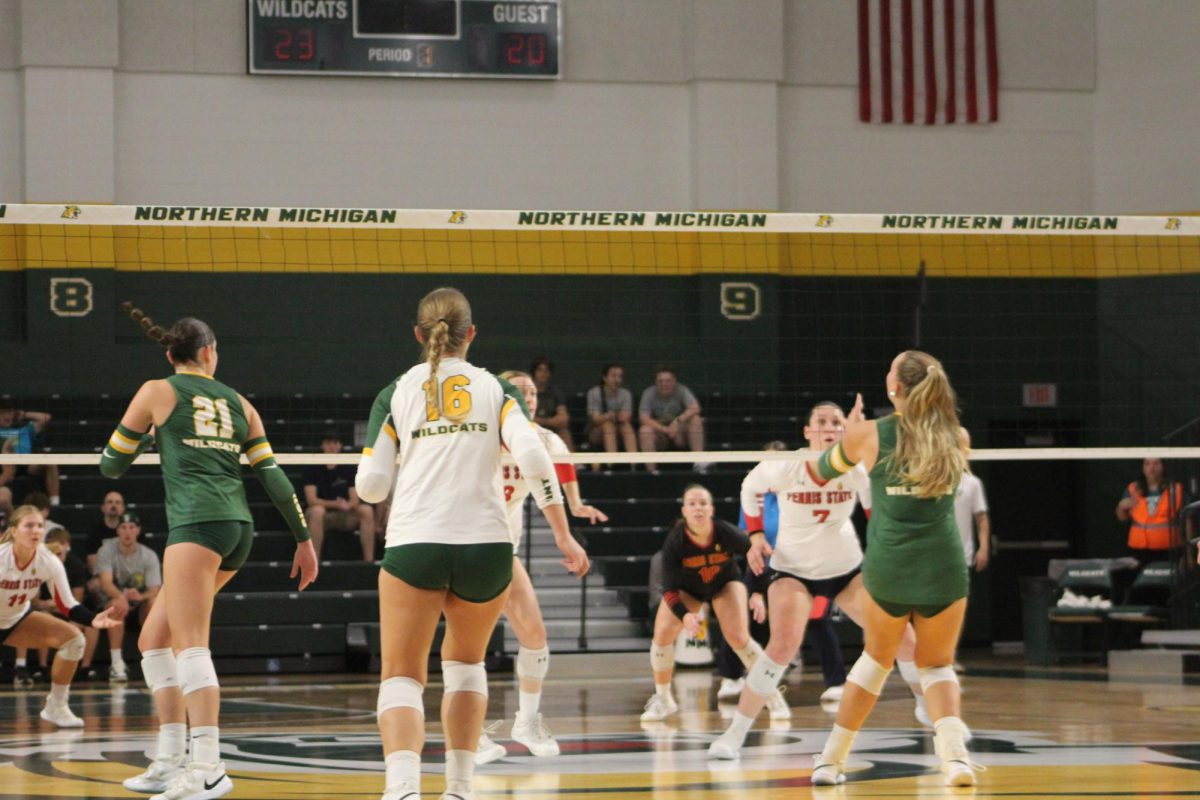The core tenet of American foreign diplomacy — the “Peace through Strength” doctrine — has docked at the harbor and returned home.
Americans are looking at violence in a whole new light after recent national tragedies — ones so great, I need not name them. But what can an American learn about violence from looking at superhero movies, Thomas Hobbes’s work “Leviathan” and United States foreign diplomacy?
The answer: quite a lot.
American culture is as loud and brash as the American stereotype, and director Christopher Nolan’s “The Dark Knight Rises” is a palpable example.
I recently watched the film, having been a Batman fan for years, and was thoroughly disappointed in both the series and the portrayal of American culture. It is lousy with the sound of gunshots, hushed speaking and empty political speeches.
Bruce Wayne (Batman) is weak and weary. The villain of the film, Bane, is a strong, calculating killer with a purpose — he wants to free Gotham City, to create an isolationist island, and tries to do so by playing a shell game with a nuclear weapon roaming about the city.
But the plot of the movie is not enough. You and I have to go deeper into the Batman universe. Let us review the conditions of Gotham City in every film and comic book produced: a vile place fraught with corruption and crime; the police do not do their job, and so comes the billionaire vigilante to save the day.
Factor this in as well: Batman first appeared in an issue of “Detective Comics” (Issue 27) in 1939 and would become its own series in 1940. Bob Kane, Batman’s creator, wrote the series through World War II.
The attack on Pearl Harbor came in December 1941, thus creating a huge wave of American nationalism that worked its way into the writing which appeared in almost every United States publication from “The Atlantic Monthly” to “Batman.” This theme of nationalism has never left nor has the American love of the vigilante hero.
This is the reason why characters like Batman are galvanizing. They make us want to fight injustice and conquer evil, yet they promote something which Americans have fought so hard for during the nineteenth century — established law and order.
The reforms of the European Enlightenment are the basis for American law, and the weighty emphasis on the individual is as prevalent in our country today as it was during the Renaissance. During that time, Thomas Hobbes penned his famed book “Leviathan,” which was first published in 1631.
In Chapter 13 of “Leviathan,” Hobbes discusses “The Natural Condition of Mankind Concerning Their Felicity and Misery” and outlines the three principle causes of quarrel: competition, diffidence (lack of self-confidence) and glory. Hobbes claims that when men do not have “a common power to keep them all in awe,” men are prone to be at war with one another — in a state of constant conflict.
“Whatsoever therefore is consequent to a time of war, where every man is enemy to every man, the same consequent to the time wherein men live without other security than what their own strength and their own invention shall furnish them withal. In such condition there is no place for industry, because the fruit thereof is uncertain: and consequently no culture of the earth; no navigation, nor use of the commodities that may be imported by sea; no commodious building; no instruments of moving and removing such things as require much force; no knowledge of the face of the earth; no account of time; no arts; no letters; no society; and which is worst of all, continual fear, and danger of violent death; and the life of man, solitary, poor, nasty, brutish and short,” Hobbes wrote.
Herein lies the necessity for an armed society and the existence of the Second Amendment. At the same time, American culture does not promote the bearing of arms to keep its citizens in awe of one another; America propagates violence based on the third principle of quarrel — glory.
And it is not just at home that Americans quarrel: the United States is in constant quarrel abroad, but the U.S. does so out of competition — to remain a world superpower — and diffidence — fear of Islam and the insecurities of a Christian hegemony — and glory: America.
American: it is a strong national identity that each citizen feels, and Americans are living during a time of political stalemate, economic downturn and violence, at home and overseas.
It becomes easy to glorify fictional American figures such as Batman. A scene in “The Dark Knight Rises” finds Batman questioning his role in Gotham. “They don’t want me,” Bruce Wayne says. “They need you,” Alfred replies.
This romantic notion is reasoning behind United States interventions abroad; it is why individuals feel compelled to carry a firearm in public, despite the legal ruling that concealed carry is not a Second Amendment protected right by the United States Court of Appeals for the 10th Circuit; it is why we love violence, even after tragedies abound.
We do it for the glory, and Hobbes knew that in 1631.
Editor’s Note: This concludes the month-long series discussing human identity and conflict.






















